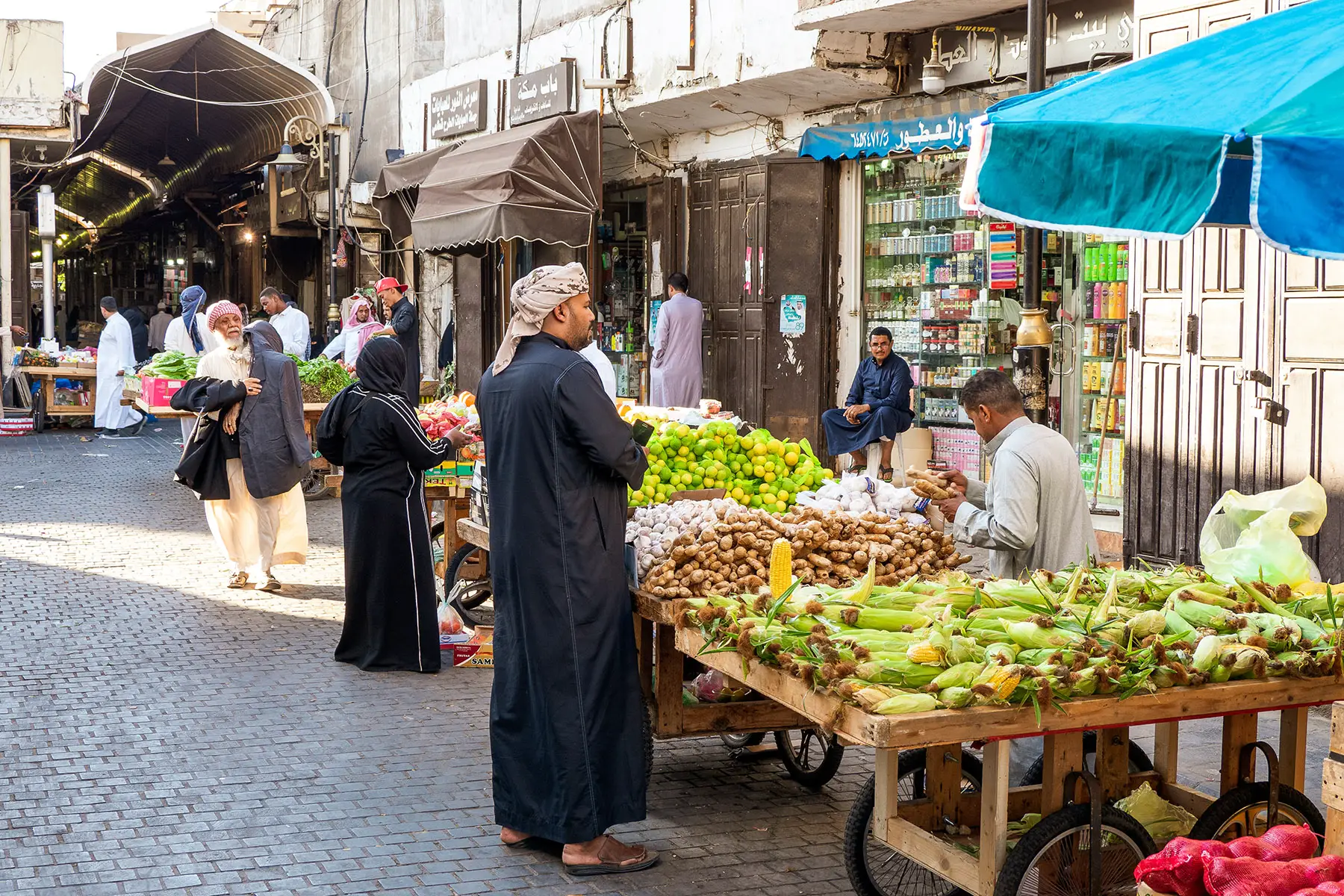Renting in Saudi Arabia might feel different at first, but once you understand how things work, it’s a smooth ride. Whether you’re drawn to the privacy of city apartments or the amenities of expat compounds, the system is designed with structure and order.
This guide walks you through the essentials, what to expect, what’s expected of you, and how to find a place that actually fits your lifestyle.
- The expat community in Saudi Arabia
- Renting in Saudi Arabia
- Popular places to rent in Saudi Arabia
- Buying vs renting in Saudi Arabia
- Types of property to rent in Saudi Arabia
- Looking for a place to rent in Saudi Arabia
- Finding student housing in Saudi Arabia
- Finding flatshares in Saudi Arabia
- How to rent a property in Saudi Arabia and tenancy contracts
- Rental costs in Saudi Arabia
- Tenant and landlord rights and obligations
- Utilities, internet, and maintenance in Saudi Arabia
- Moving into rented accommodation in Saudi Arabia
- Tips for renters in Saudi Arabia
- Useful resources
Rentalcars.com
Living in Saudi Arabia? Move around the country with ease thanks to Rentalcars.com. Rentalcars.com is an international rental portal that takes the hassle out of hiring a car. Get connected with local rental agencies in over 160 countries worldwide and rent in confidence with Rentalcars.com.
The expat community in Saudi Arabia
The number of expats living in Saudi is much lower than they are in most of the other Gulf countries; only around 30% of the total population comprises foreigners, who are mostly occupied in unskilled domains.
Most skilled expats moving to Saudi Arabia will possibly be based in Dammam, Jeddah, or Riyadh – the three cities that are popular with expats. They generally prefer living in Western compounds, which are self-contained, walled townships, insulated from the mainstream. Here, you can dress how you like and move around without restrictions; but only within the premises of the compound. You will have access to a host of facilities; these include swimming pools, community parks, restaurants, convenience stores, and so on. Furthermore, these facilities are all state-of-the-art.
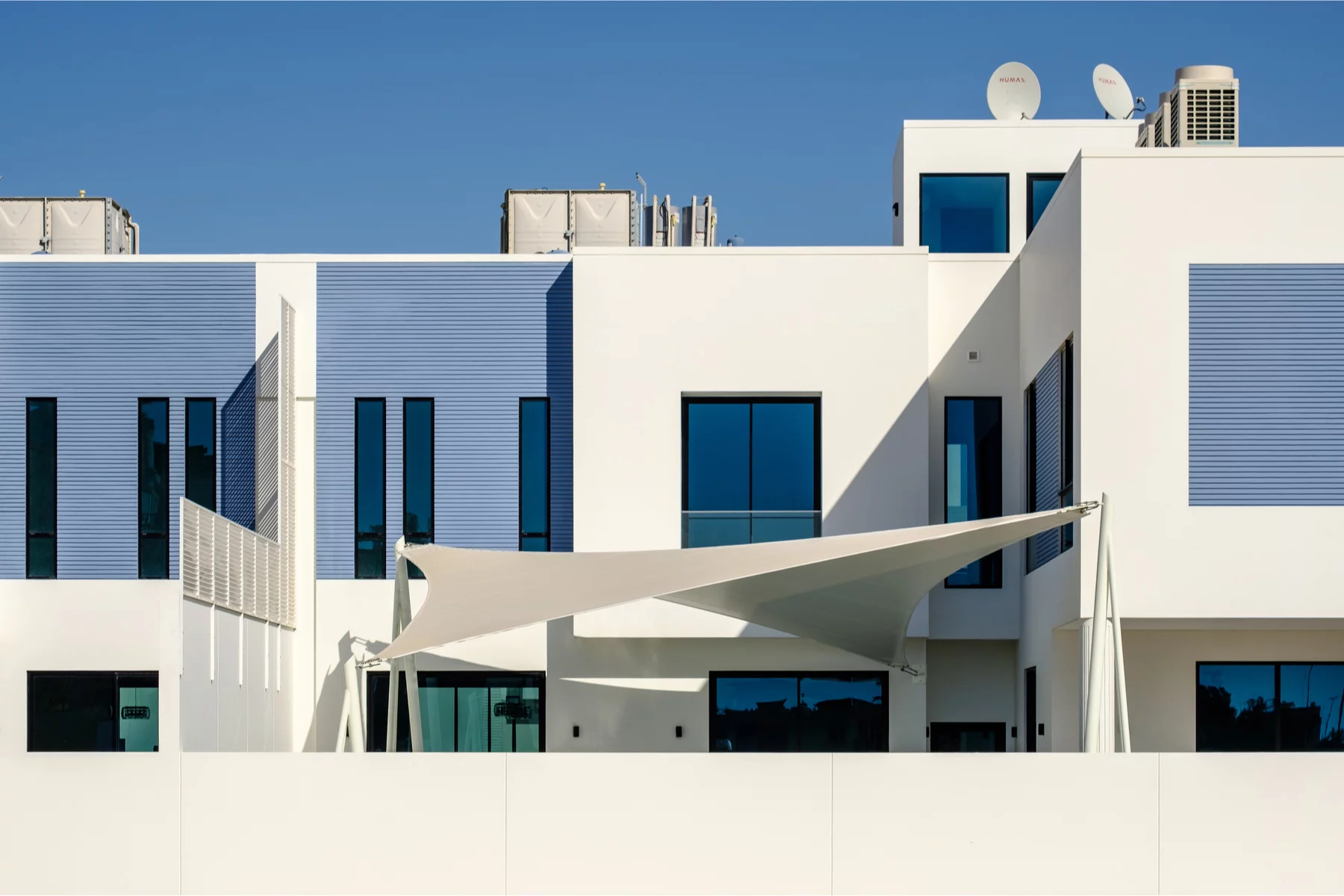
Accommodation within these compounds – which is far more expensive than anything outside – may be provided for by your company or sponsor, so check with your employers beforehand.
Renting in Saudi Arabia
While there are no clear figures on how many people rent in the Kingdom, it is estimated that about half the population, including locals, rent. As a result of this, the government is propping up measures for property purchases and investments in the real estate market. Due to the volatile geopolitical conditions – coupled with the fact that living long-term in Saudi is not really an attractive option – most expats prefer to not invest in property.
Western expats who come to Saudi generally choose compound life. These gated premises have high security, and higher walls, and are very safe. Within these walls, infrastructure-wise, you will feel like you are living in some well-maintained European suburbia. Therefore, if you have a family, this type of rental is particularly recommended.
Renting a property in Saudi is cheaper compared to countries such as the United Arab Emirates and Qatar. In addition, utilities and maintenance are often included in the rent.
Rental agreements
The renting process is fairly efficient, with contracts being annual. There is a chance that all agreements may be in Arabic, therefore it is imperative that you ask for an English translated version and/or get an expert’s view on the matter.
There are strict dos and don’ts you need to know – even within compounds. Pets, for instance, are frowned upon in most places. External guests will have to show their ID at various checkpoints. And if you are a man, single women cannot visit you. Bottom line: double-check all clauses in your contract before you sign on the dotted line.
All rental agreements in Saudi Arabia have to be necessarily registered on the Ejar electronic system; an online portal that monitors your rental space. This has all the details of the landlord, tenant, and agent, so that there is transparency from the word go and minimal disputes. If you don’t register on Ejar as a tenant, your work permit will not get renewed.
Popular places to rent in Saudi Arabia
Riyadh
The Saudi capital is the most populated city in the country, and also very conservative and congested. There are a host of conveniences in the city, as well as access to good healthcare. Cost of living, including rent, is among the highest in the country. As a result, you will mostly find expats who are working in the government sector, banking, and telecommunications.
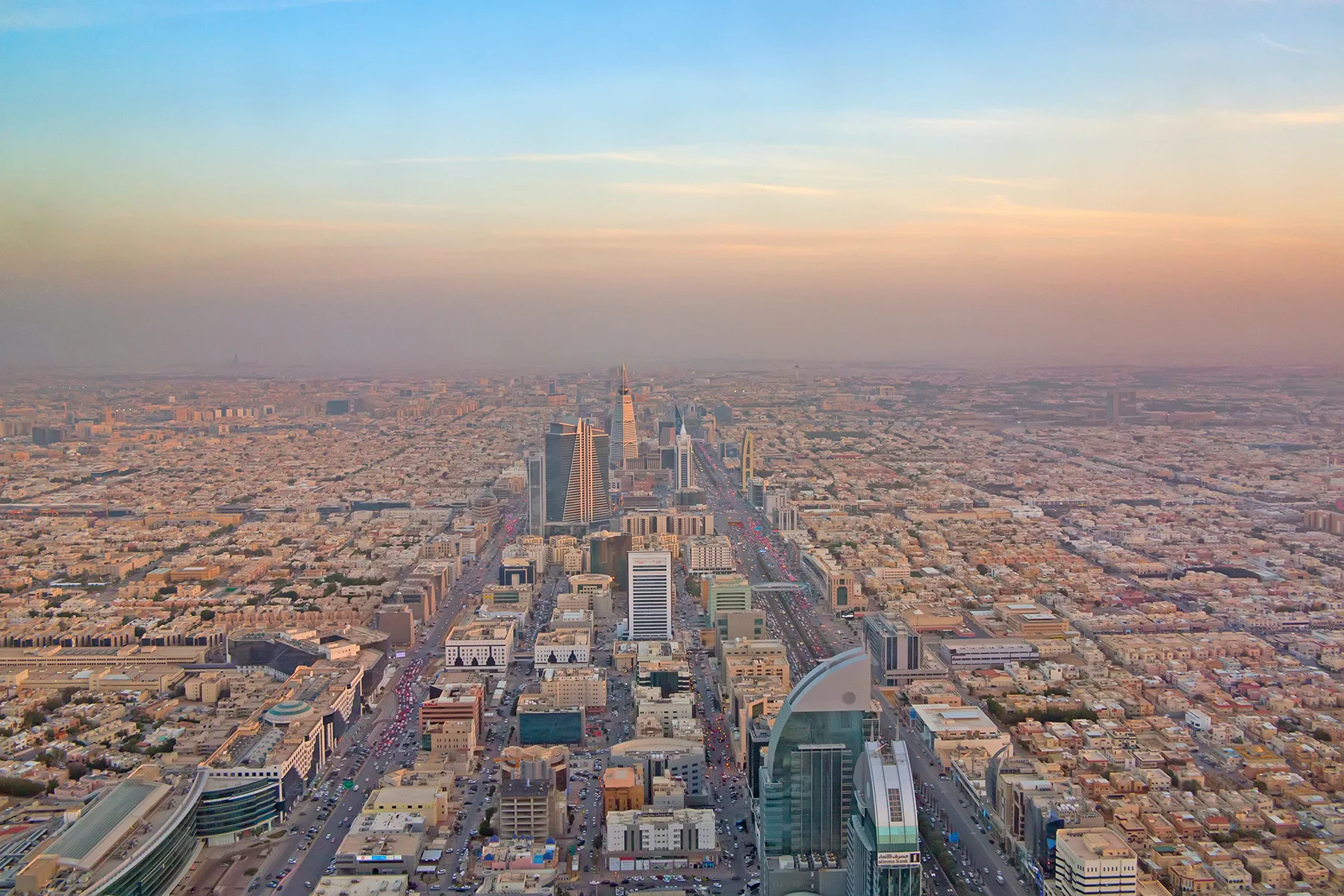
Dammam
This is the city where most of the country’s oil companies operate. Dammam is also driving distance from Bahrain, so, typically, many expats make weekend trips there. There are neighboring townships of Al Khobar and Dhahran, where you can choose to live. These are less industrial and have less ongoing construction, therefore, they are cleaner and more family-friendly.
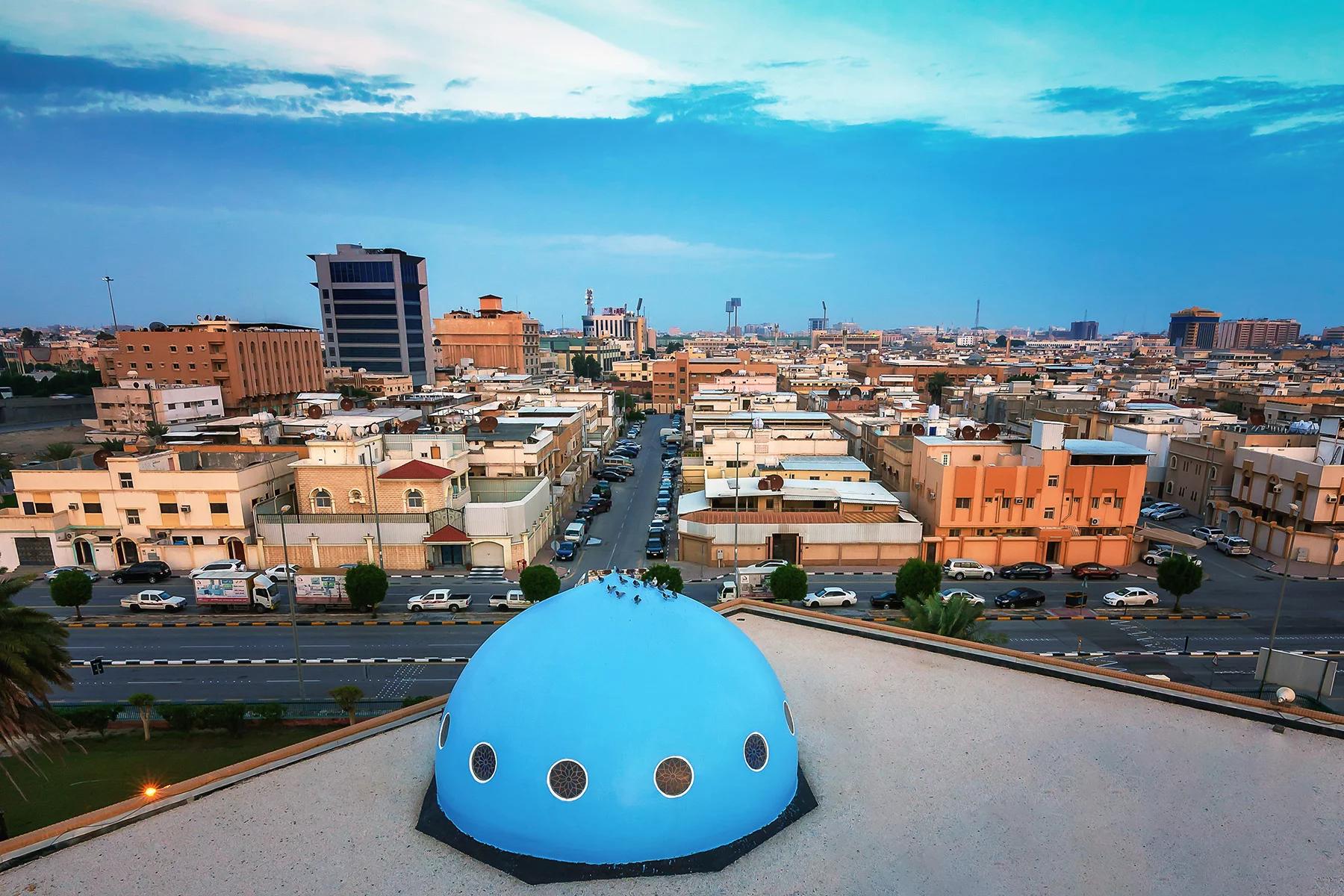
Jeddah
The city is the main gateway to the holy cities of Mecca and Medina, however, it is, by far, the most cosmopolitan and liberal city in Saudi. In addition, it is high in the arts and culture quotient. As a result of it being a hub for science, innovation, healthcare, and engineering, Jeddah is a top draw for expats. Furthermore, it is strategically located close to the Red Sea, therefore scuba diving and sailing are popular activities here.
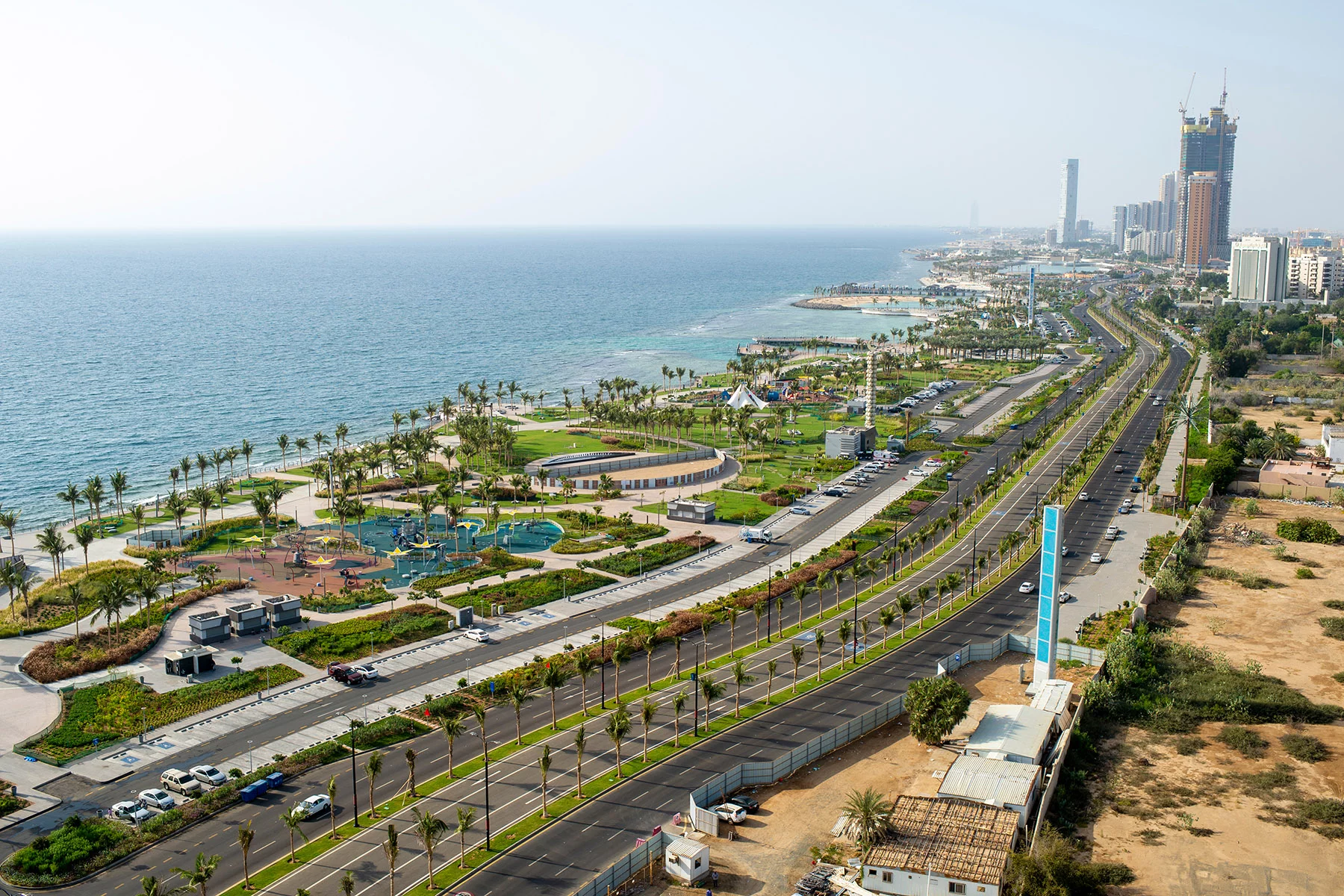
Buying vs renting in Saudi Arabia
Laws have been relaxed in order to enable foreigners to buy property in the country; although there are certain areas that remain off-limits. But remember, housing finance in the Kingdom has very low penetration since most of the purchases happen by making the payment upfront.
Unlike Dubai, Abu Dhabi, or Manama, which are very cosmopolitan cities, Saudi cities are still regarded as places where expats might not want to settle down for the long-term. Therefore, our suggestion is to study the lie of the land carefully before you decide to invest in property. Renting – for the initial years – may suit you better.
Types of property to rent in Saudi Arabia
Compounds
For expats, Western compounds remain the favored option. There will be villas and apartment buildings (including condos) within them. These may be marked five-star or four-star, depending on the facilities provided. Individual villas are likely to have a garden, or at least a patch of green attached. A host of conveniences are at hand; market places, cafés, restaurants, golf courses, swimming pools, tennis courts, playschools, and so on. With names like Arizona Golf Resort, all efforts are made to make expats feel at home. These are usually privately owned by companies that manage and maintain them, too.
Standalone villas and townhouses
These will be in the city space, and your personal life will be subject to scrutiny by authorities – and even neighbors. These can be three-bedroomed or four-bedroomed with as many (if not more) bathrooms, and may or may not have a garden.
Apartments
One-bedroom, two-bedroom, and three-bedroom apartments can be found in the city. Many of the buildings in Saudi Arabia are low-rises, typically between four- and eight-storied. Some of the older low-rises have not got an elevator, so make it a point to check.
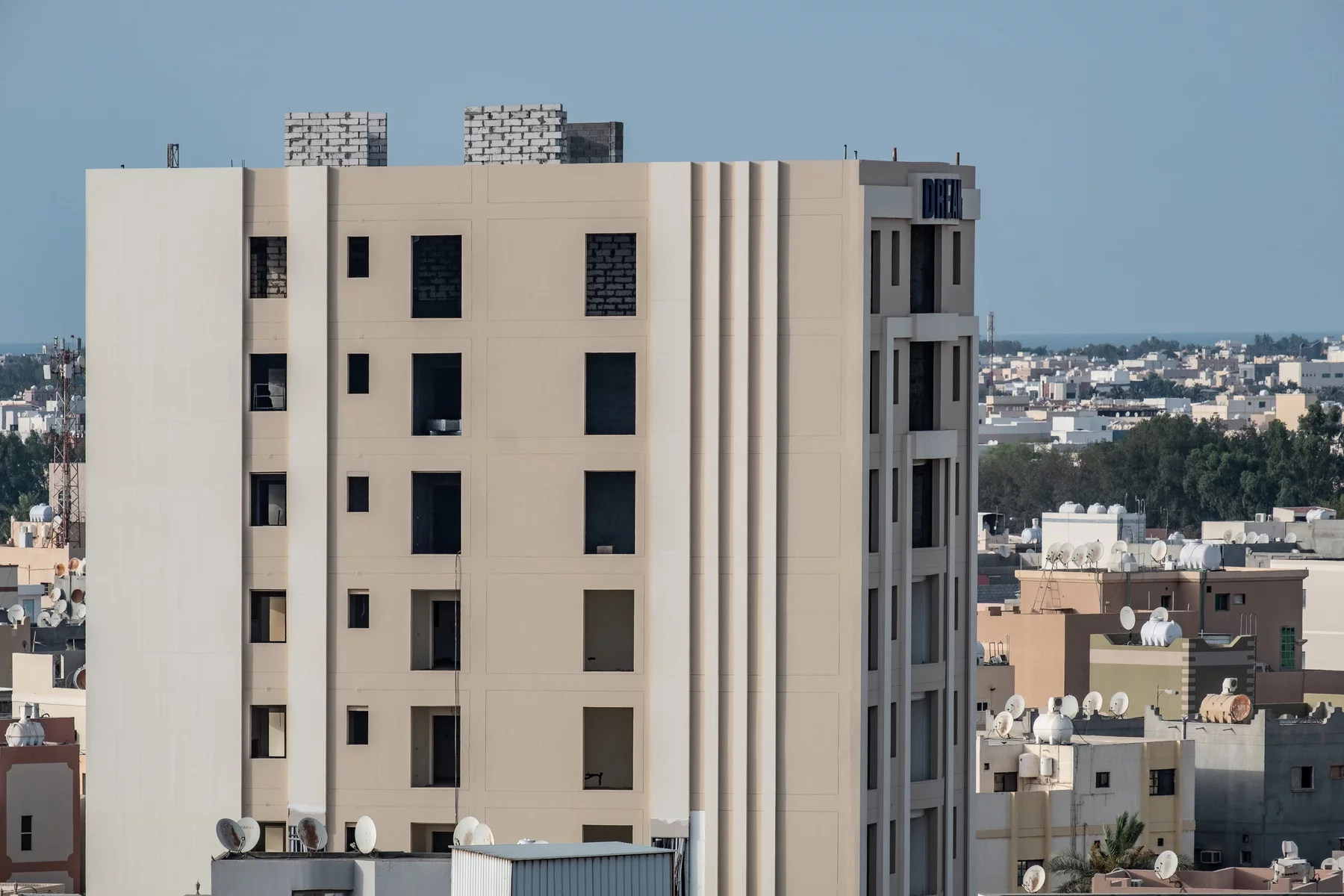
All other forms of accommodation come either furnished, semi-furnished, or unfurnished. Semi-furnished ones have basic furnishings such as carpets and curtains; as well as white goods like a refrigerator, washing machine, and dishwasher. With furnished accommodation, you can simply just move in, once you have ensured everything you require is in place. If it’s not, you can always negotiate with your landlord. Air-conditioning is mostly a given in all forms. Even if there is no central air-conditioning, there should be individual units provided.
Looking for a place to rent in Saudi Arabia
Very often, your employment contract will factor in accommodation. This means that your employer will organize it – most likely within the high walls of a gated compound – and deduct the rent from your salary every month.
If you don’t have accommodation factored into your contract, and have to look for a place yourself, here are the options you can explore:
Search online
Some of the country’s best-known and reliable property listing sites include:
- bayut.sa
- esimsar.com
- justproperty.sa
- zaahib.com
These will have either the agent’s or the landlord’s contacts, and you can set up a meeting after taking a virtual tour.
Check the English newspapers
You can check the classifieds section of the newspapers – either in the print edition or online. You may also find notice boards advertising vacant properties for rent. All these have contacts of concerned agents or landlords.
Speak to a friend/colleague
They may know a real estate agent who can show you appropriate places that might suit your needs.
Your company’s HR department
They can help you get in touch with well-known agents or landlords who can help you find a place to live, according to your preferences.
Social media
Visit social media groups on Facebook or Instagram and look for posts about renting accommodation in your local area.
Visit an area or a compound you have identified
You may see “for rent” notices on certain buildings. Pop in, and have a chat with the building or compound manager to find out more.
Finding student housing in Saudi Arabia
International students can apply for on-campus residences at universities. They can check out sites like erasmusu to see if the university in question, if unable to provide accommodation, work with a third-party contractor to outsource living quarters to students.
Finding flatshares in Saudi Arabia
Flatshare options are usually available via word of mouth, online/social media, expat sites, or community sites. If you are a woman, you can only flatshare with other women; if you are a man, only with other men.
How to rent a property in Saudi Arabia and tenancy contracts
In Saudi Arabia, you will have to pay a year’s rent in advance through post-dated checks; unless your company is taking care of the rent, in which case it will be a monthly deduction from your salary. The landlord can ask for two checks, or for quarterly cheques. This, however, is negotiable, and not always watertight. There are cases – especially in compounds – where the tenant may be allowed to even do a monthly payment. However, checks have to be provided when you sign the lease.
In many cases, the contract may be drawn up in Arabic; therefore, it may be a good idea to avail the services of a legal expert so nothing is lost in translation. Additionally, ask for an English transcript for your own records.
There will be a refundable security deposit charged – which is usually the equivalent of a month’s rent. The refund comes at the end of the tenure, once the landlord is sure there is no damage done to the property, other than regular wear and tear.
At the time of signing the lease, you will require the following documents:
- Residency card/permit, which is called the Iqama;
- Original and copy of passport and visa;
- Marriage certificate (if applicable);
- At times, the landlord may want a letter from your employer/sponsor stating your designation and salary; but this is not required by law any more (it used to be earlier).
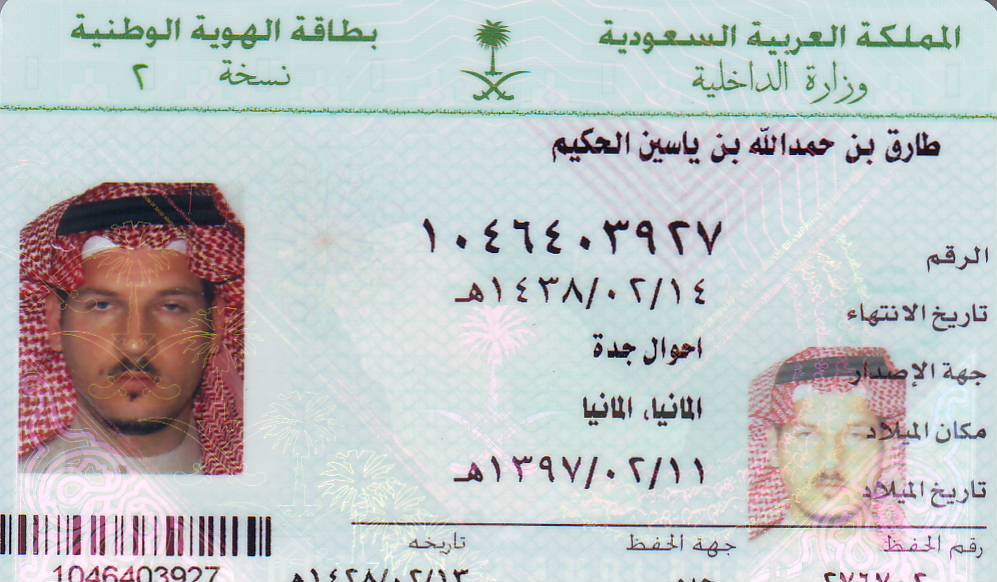
Registering on Ejar is a must for tenants. You can not renew your work permit unless you have proof that you have been registering your rental details.
Rental costs in Saudi Arabia
In Riyadh, the monthly rent for a one-bedroomed apartment close to the heart of the city will be approximately SAR2,500. A three-bedroomed apartment around the same area will be close to SAR4,000. The costs in cities like Jeddah and Dammam will be approximately the same, maybe marginally lower.
A three-bedroom villa in a Western compound – across Saudi Arabia – will cost anything between upwards of SA 120,000 to upwards of SAR200,000; depending on the star rating of the compound, the location, and the amenities offered.
Do keep in mind that the rental market in Saudi Arabia fluctuates frequently. Therefore, it is best to do a comparative study across online resources before you start looking for a place.
You will pay your rent through post-paid cheques, usually from the date you move in. Most contracts are bi-annual, so if you occupy a place on the 10th of a month, subsequent encashment will happen on the 10th six months down the line.
Agency fees
Agents typically charge around the equivalent of 2.5% of the annual value of the rental. But feel free to negotiate.
Tenant and landlord rights and obligations
Tenant rights
- Ensure rental checks do not bounce;
- Maintain the property well, and hand it over in the condition it was originally in (except regular wear and tear as specified in the contract);
- Strictly adhere to the terms and conditions drawn out in the contract;
- Not create disturbances;
- If the rent doesn’t include utilities, the tenant needs to pay the bills on time;
- To not use the premises for anything other than residential purposes (not conduct a home business out of a residential apartment, for instance).
Landlord obligations
- Hand over the place to the tenant after cleaning it and doing all repair works;
- Give the tenant receipts for the checks received;
- Maintain the common areas in the building (if it’s an apartment) and ensure all maintenance work that falls under his jurisdiction (as specified in the contract) is carried out in a timely manner according to health and safety standards;
- Respect the privacy of the tenant and not come for impromptu inspections (unless there is a warranted case);
- Hand over an inventory to the tenant (especially if the place is a furnished one) before he moves in;
- Not increase the rent during the tenure of the annual contract.
Where to go in the event of a dispute
The Ejar system locks down all the details of the bilateral contract; it’s an initiative set by the Ministry of Municipal and Rural Affairs. In case there is a dispute, you can file a complaint online quoting your Ejar number.
Utilities, internet, and maintenance in Saudi Arabia
In compounds, rentals usually include charges for basic utilities such as water, electricity, gas, landline rental (not mobile), and internet/Wi-Fi. The rent also factors in cleaning and maintenance of all public/common areas in the complex.
If you are taking a non-compound property, then utility costs will have to be borne by you separately; unless otherwise agreed upon with the landlord. But building maintenance of communal areas is the landlord’s responsibility.
Moving into rented accommodation in Saudi Arabia
All available properties that are being advertised or being shown around by agents are usually ready to move in; already cleaned, freshly painted, been serviced by pest control, and so on. You can, technically, move as soon as your tenancy contract is signed, the Ejar registration is done, and the first month’s check encashed. It depends on how you can negotiate this with your future landlord. If the place is furnished, you can move in within a week to 10 days after the paperwork is done and the checks paid.
If you are moving into a compound, and your company is not organizing it for you, there may be a waiting list since these properties are in high demand. You may find that a certain property will be free in a couple of months’ time, and if your heart is set on it, you can move into a hotel apartment for that period of time.
Tips for renters in Saudi Arabia
- Even if your employer/sponsor draws up your contract, check, double-check, and triple check the fine print. There are clauses and sub-clauses that you cannot get away with in Saudi;
- Insist on an English translated copy of the original, and get that notarized;
- Ensure that you accompany the agent or the landlord when you go to inspect the premises for the first time. Make a list of (negotiable) things you may want the place to include;
- While checking out the property, get a clear idea of the neighborhood, and ensure that everything you possibly need will be available in the vicinity;
- Once you move in, remember, there is zero-tolerance for any kind of disturbances;
- Anything untoward during the holy month of Ramadan is non-negotiable. Ensure that you adhere to all rules and remain respectful at all times during this period;
- Keep the receipt of the refundable security deposit carefully;
- On Fridays, building/maintenance staff are off, so be mindful of that.

